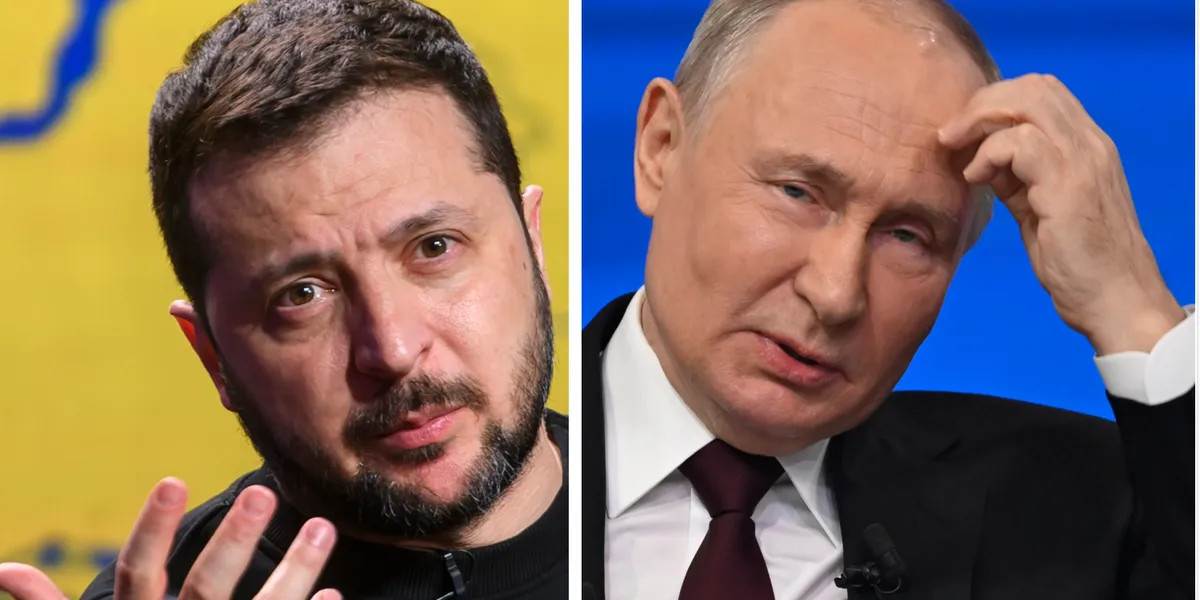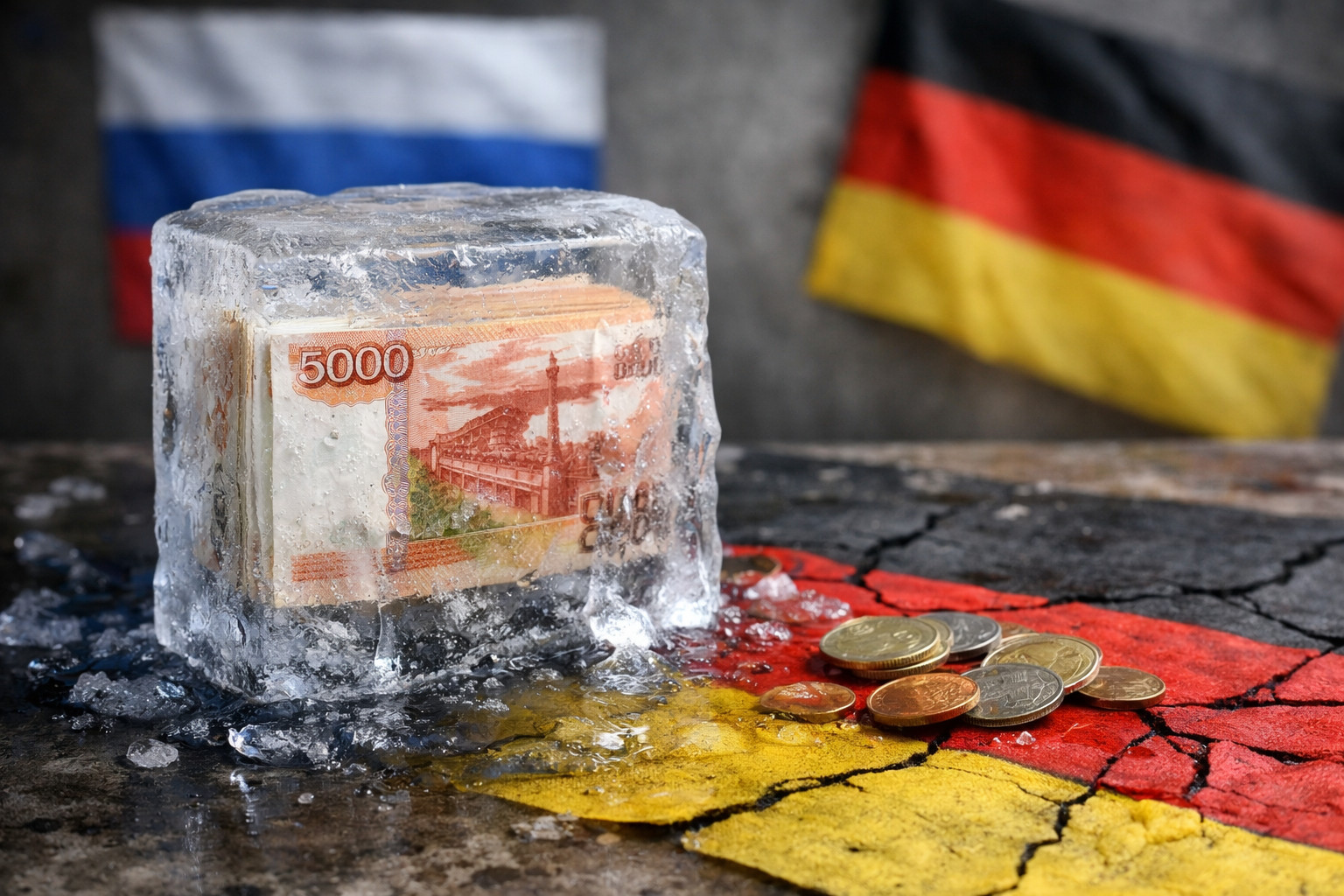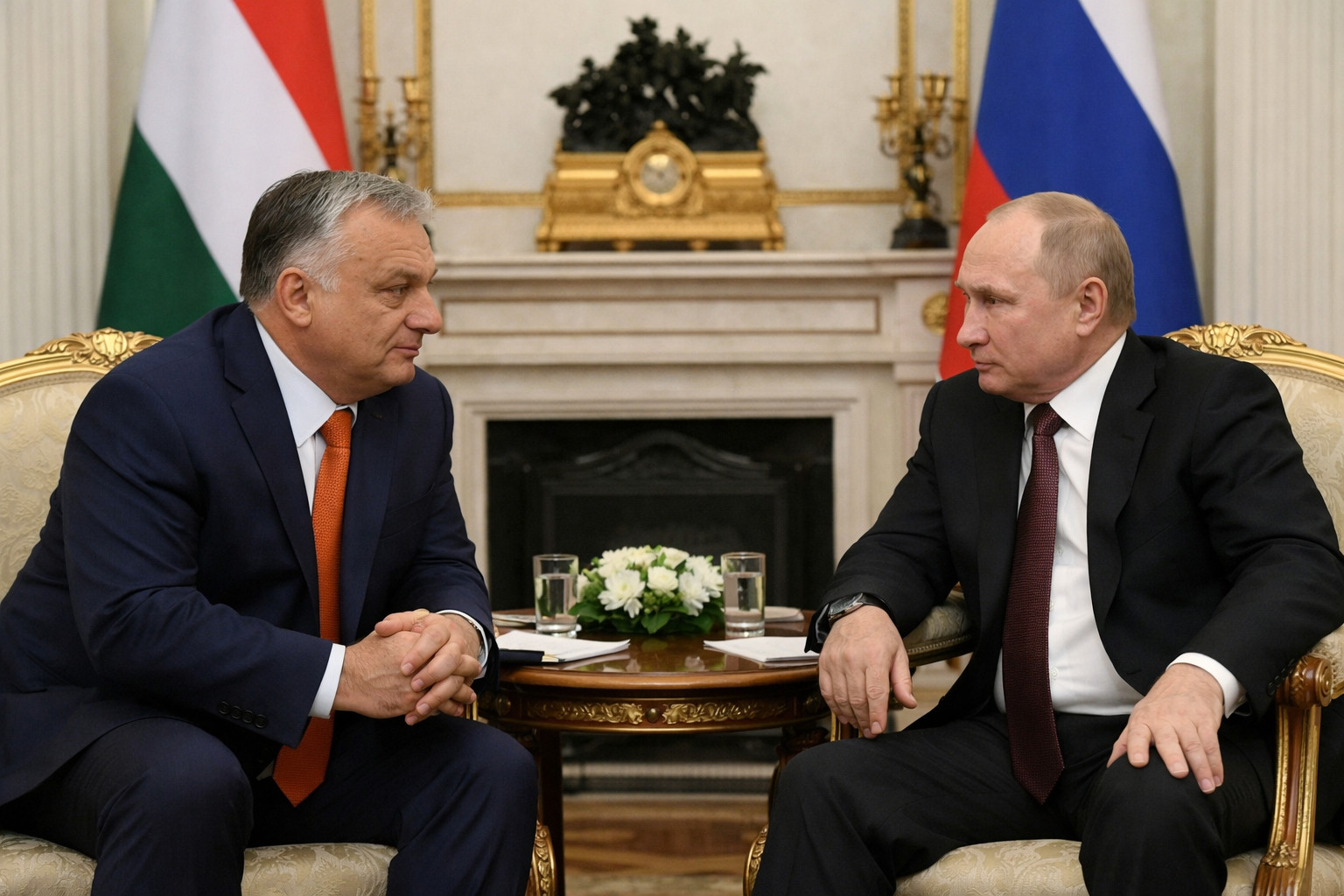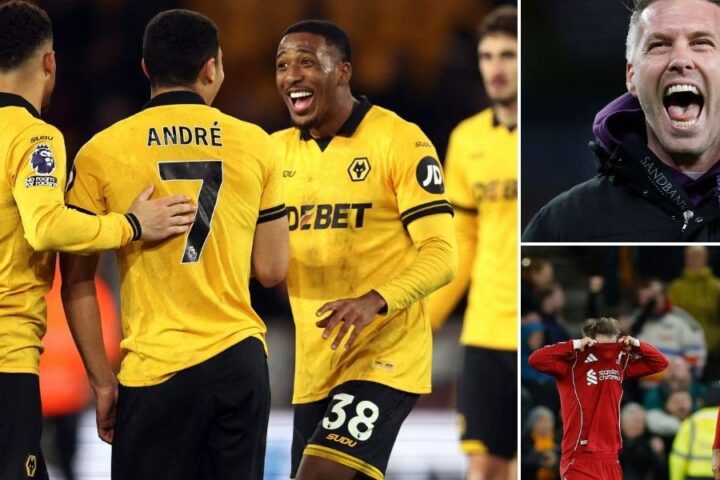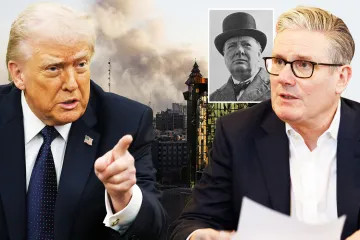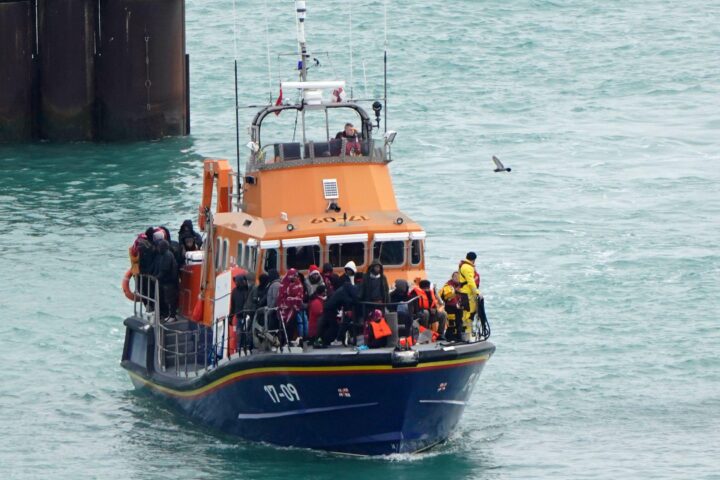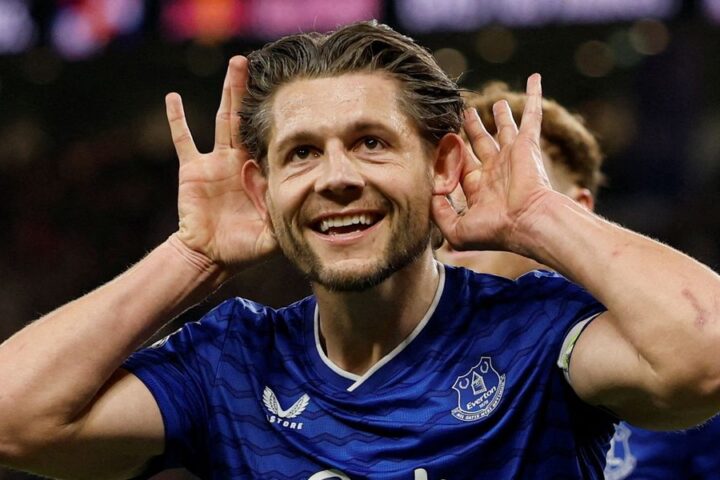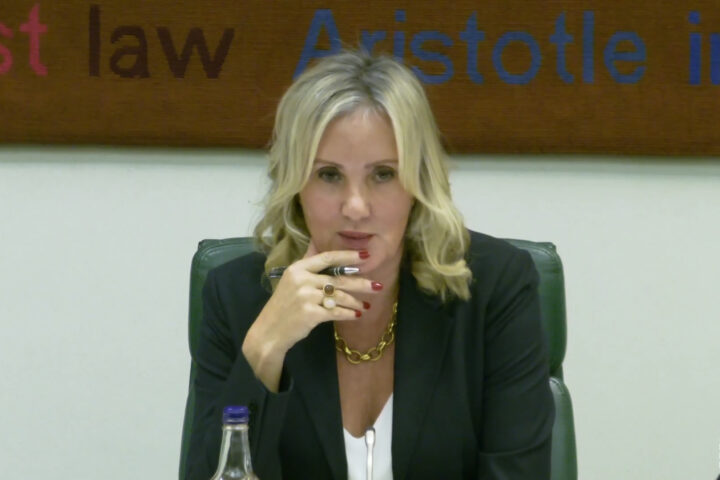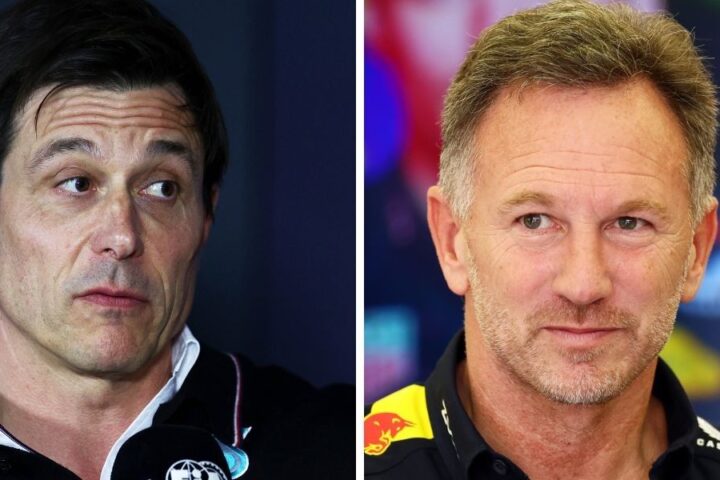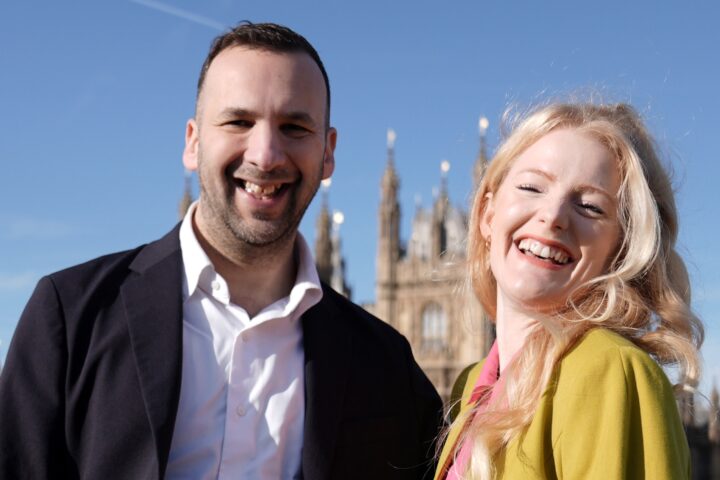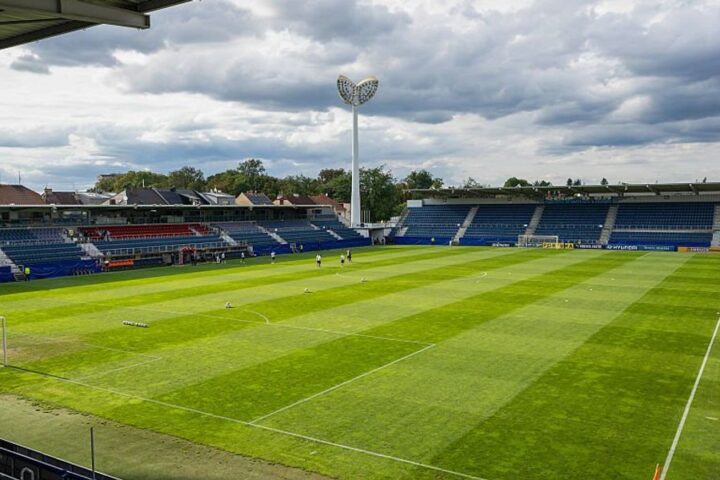Russia continues to evade direct high-level negotiations with Ukraine in an attempt to stall diplomacy, gain military advantage, and force concessions from Kyiv and the West, according to the Institute for the Study of War (ISW). In a report released on 26 July, the Washington-based think tank said Moscow is deliberately avoiding a meeting between President Volodymyr Zelensky and Vladimir Putin, while feigning interest in peace talks to buy time on the battlefield.
Kremlin stalling despite peace initiatives
The ISW analysis comes just days after the latest round of Ukraine-Russia talks took place in Istanbul on 23 July. During the session, the Ukrainian side proposed a mutual ceasefire on critical infrastructure and called for a Zelensky-Putin summit before the end of summer. Turkish Foreign Minister Hakan Fidan confirmed that there had been preliminary agreement to prepare such a summit in Turkey. However, ISW warned that Russia is deliberately dragging its feet to avoid meaningful outcomes.
On 25 July, Kremlin spokesperson Dmitry Peskov called a meeting between the two leaders “unlikely”, insisting that any such summit would first require “expert-level agreements” between negotiating teams. That same day, U.S. President Donald Trump said a meeting should have already happened three months ago and expressed confidence it would eventually take place.
Strategy to force concessions and continue escalation
According to ISW, Russia’s tactics reflect a broader strategy to erode international support for Ukraine while enhancing its battlefield position. By continuing hostilities and destroying Ukrainian infrastructure, Moscow aims to pressure Kyiv into making diplomatic concessions. The absence of top-level talks, analysts argue, reinforces the perception that the Kremlin has no genuine interest in peace — instead imposing terms through sustained military aggression.
Ukraine, by contrast, is portrayed as open to diplomacy but unwilling to surrender. This contrast could help Kyiv justify broader Western support, including increased sanctions and expanded military assistance, while underscoring the need to contain Russian aggression.
Broader implications for Europe and Russia
The Kremlin’s refusal to engage in meaningful talks also threatens European security, ISW suggests. EU leaders may use the lack of diplomatic progress to support further sanctions, reduce energy dependence on Moscow, and maintain robust assistance to Ukraine. As the conflict drags on, the EU faces growing risks to supply chains, energy stability, and broader economic resilience.
Internally, Russia’s posture may also carry long-term risks. Prolonged war and economic isolation are fuelling investor flight and deepening economic decline. At the same time, social fatigue and dissent within Russian society may continue to grow, potentially threatening political stability.
